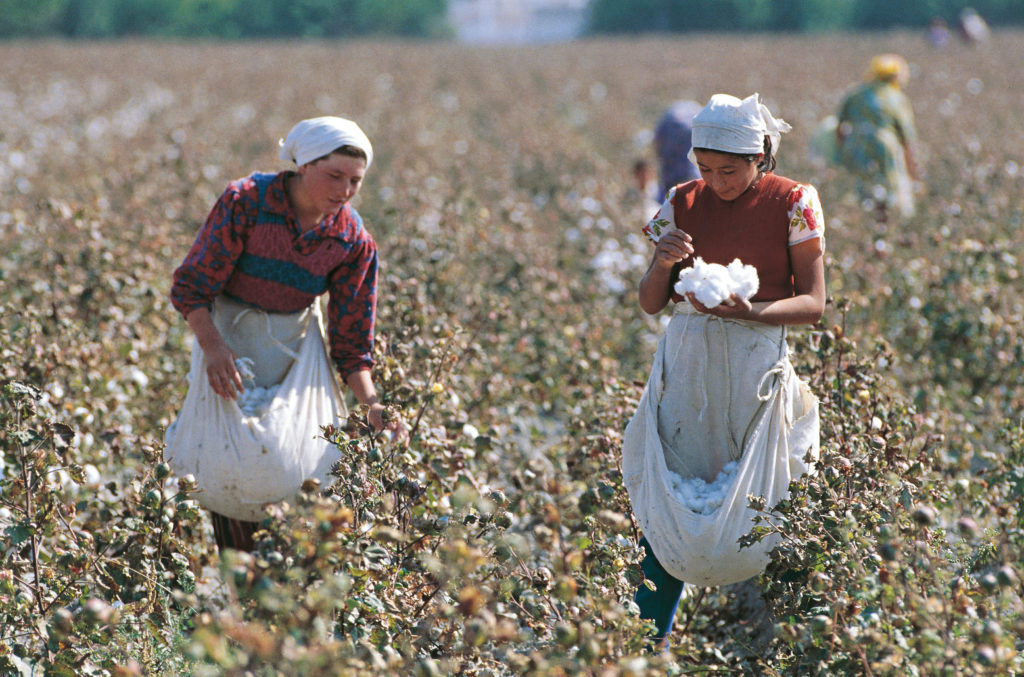TASHKENT
Uzbekistan intends to introduce more market-based regulations in its agricultural sector and give farmers the right to sell grain at market prices starting next year, while grain processing enterprises under the state-owned Uzdonmahsulot company will be put up for auction to create grain-growing clusters.
At the same time, clusters and farmers will have to sell up to 2.5 tonnes of grain from each hectare at local commodity exchange within three years and to sell the rest of the harvest at their own discretion, the president’s press service said.
The fund under the country’s Finance Ministry will buy 2.5 million tonnes of grain on the domestic commodity exchange at market prices for the state reserve. The purchased grain will be stored in grain-growing clusters chosen on the basis of competition.
President Shavkat Mirziyoyev also proposed to put for auction the grain processing enterprises within the system of Uzdonmahsulot joint-stock company to create grain-growing clusters on their basis.
Mirziyoyev tasked the government to move ahead with the plan to free 200,000 hectares of low-yielding land from cotton and grain and lease them to the population on a long-term and competitive basis.
The procedure for preferential crediting of grain growing farms from the funds of the Agriculture Fund will remain in force in the next 3 years.
The Central Asian nation has been phasing out the practice of producing grain crops based on state orders starting from the 2020 harvest. The president abolished the practice of setting purchase prices for grain by the state, as well as state purchases starting from 2021.
Uzbekistan, a country of 35 million people, is reforming its economy to meet the demand of a growing population and an often outdated infrastructure that’s becoming increasingly inefficient and expensive to run. About a fifth of Uzbekistan’s labour force is employed in agriculture. The sector makes up a quarter of its gross domestic product and provides a sizeable share – almost 10 percent in 2019 – of its export revenue. Uzbekistan’s principal crops are cotton and grain, but the government’s decision to scrap quotas and price controls means production is shifting towards higher-value cultivation such as fruit and vegetables.
Uzbekistan is the world’s sixth-largest cotton producer with an annual production of around 3 million tonnes of raw cotton and 1-1.2 million tonnes of cotton fibre. But it remains among the world’s leading wheat flour importers.
Last month, Minister of Agriculture Jamshid Khodjaev said the country was holding talks at the ministerial level to rent 1 million hectares of land in Russia which could yield approximately 2.5 million tonnes of grain.

